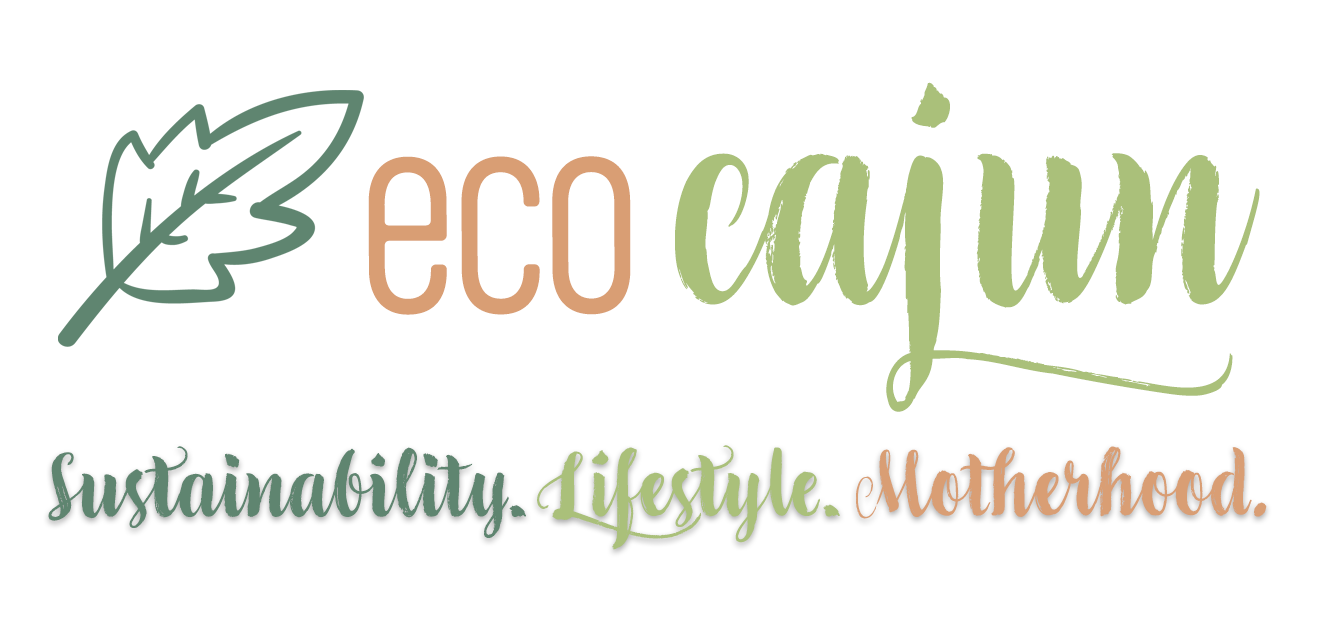Chances are, you buy chocolate pretty often each year. Valentine's Day, Easter, Mother's Day, Father's Day, birthdays, Halloween, Thanksgiving and Christmas...not to mention that bowl of candy you keep on your desk. And that stash in your drawer. And that other stash hidden deeper in your drawer.
I hate to make you rethink your stash, but did you know conventionally produced chocolate is one of the worst destroyers of the environment? Behind only cotton, cacao farming uses the highest volume of synthetic and toxic pesticides. Synthetic pesticides, herbicides, and fertilizers affect the environment, the crop, and workers.
Chocolate production also wreaks havoc on rainforests, fuels wars in production companies, and pays out low wages.
On to...organic chocolate!
The more sustainable alternative, organic cacao trees (and the chocolate they produce) avoid synthetic pesticides, herbicides and fertilizers. Farms use crop rotation practices and all-natural fertilizers. Organic practices create a more sustainable crop, have a lower environmental impact by not depleting the land of nutrients as much, and are better for the farm and production workers who will not be exposed to the synthetic chemicals.
Organic products must also at least 95% organic ingredients. The USDA certifies organic products, and USDA Certified Organic chocolate guarantees that no artificial flavors, dyes or genetically modified organisms (oh, GMOs) find their way into your chocolate.
In addition, fair trade chocolate is also more sustainable. Fair Trade certification ensures that farmers receive a fair price, allows farmers to invest in techniques that bring out the flavors of the region and strictly prohibits slave and child labor.
If you want to make a bigger switch, consider converting to carob instead of chocolate. Carob is caffeine-free, has more calcium than chocolate and may help lower cholesterol.
Good Housekeeping has a roundup of their 19 favorite organic and fair trade chocolates, including:
Bonus is that some of these brands have vegan dark chocolate: bars that have no milk, milkfat or sugars.
Many grocery stores carry the better chocolate alternatives, and you KNOW you'll find a good selection at Whole Foods. If you're in Lafayette, also check out Vitamins Plus within Drug Emporium.
One of my personal favorites is Salazon (shown above, and found at Whole Foods), which I always buy in my beloved combination of dark chocolate and sea salt.
For those who like to review their ingredients lists, this blog post from Real Food Forager discusses how even many organic and fair trade chocolates use soy lecithin, an emulsifier made from soy waste. Something to ponder on your own. At least soy-free chocolate does exist!
Sources:







No comments